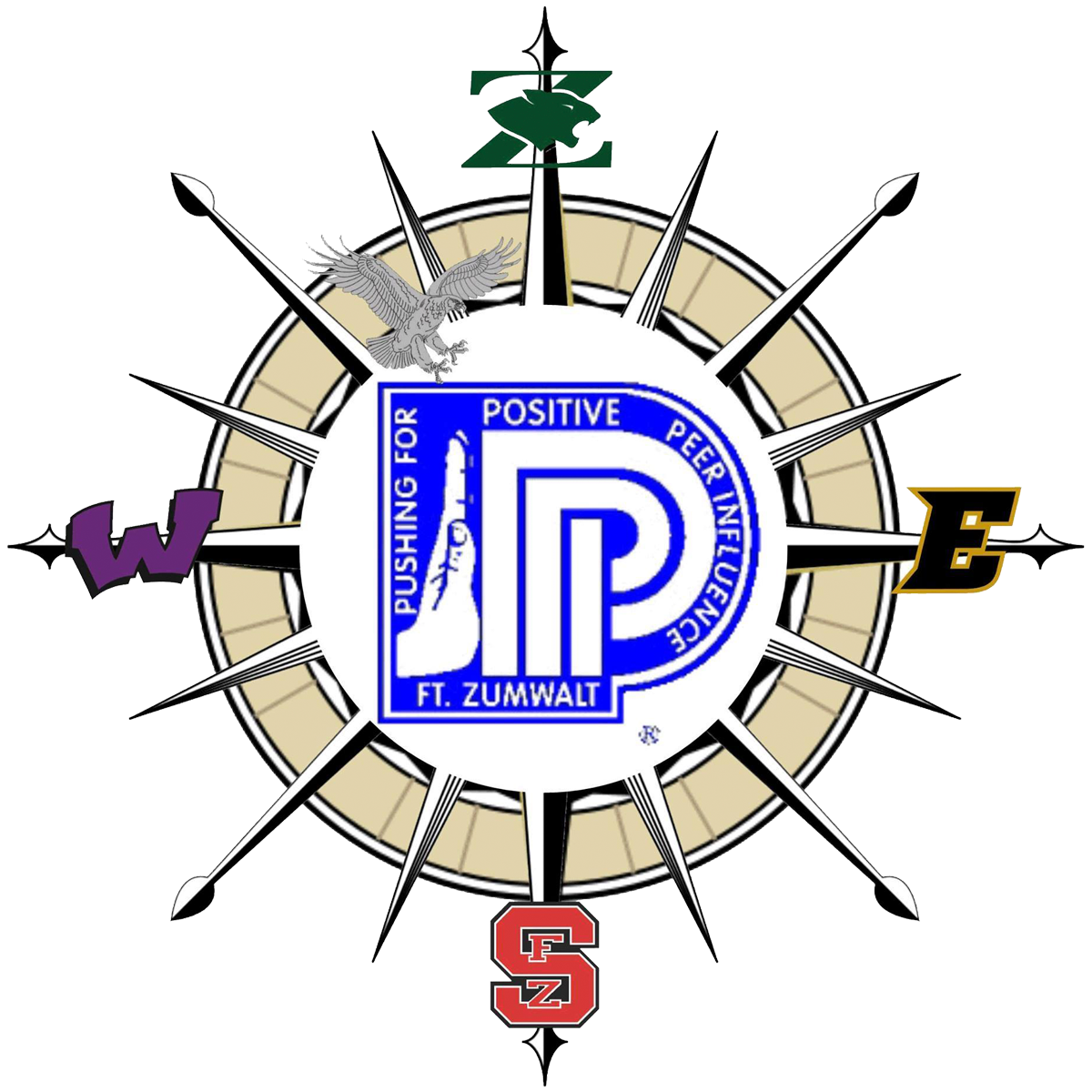Project Lead The Way courses help students learn to collaborate and create. The proof is in the projects created by Biomedical students in Steve Schlarman’s and Engineering students in Alec Gerke’s classrooms at North High and Engineering students in Steve Loutzenhiser’s classroom at East High for today’s St. Louis University Research Showcase. Students will present to university faculty and regional industry leaders. The Class of 2024 has no shortage of problem solvers.
At East, one team designed an app to help drivers respond quicker to emergency vehicles on the road. “So many cars are so well insulated now that response times to hearing sirens can be pretty slow,” one said.
But how is a school garden an engineering problem? “The most important time to take care of the space is when school's out,” one student said. “So we found a way we could make it a community garden, instead of just the school’s.” They created a website to lease plots and a program to automate and support irrigation.


At North, students easily connected the dots of their senior project and their career plans. One student said that, after undergoing years of therapies, he hopes to be an Occupational Therapist. His research was on alternate treatments for muscle spasticity.
Another, inspired to better understand a family member’s diagnosis, researched the impact of certain treatments to minimize fatty tissue developments in the liver. She had to modify the high school microscope with colored film over the lens and a fluorescent light shining on the slides in order to have the function of a fluorescent microscope she needed to conduct her research. She said she learned she is looking for more of a hands-on medical career and plans to be a nurse practitioner.
Another North High student studied whether a probiotic could be used to supplement a peanut allergen immunotherapy that could be taken by mouth. She is allergic herself, and as a pediatrician is hoping to find a treatment that would survive stomach acid better so kids don’t have to deal with needles and injections.
And another is a childhood cancer survivor who plans a career as an oncologist. In his report, he mentions that his research on less toxic, but equally effective, chemotherapies “was hindered by the limits of high school equipment.”
“This event gives our high schoolers an opportunity to present their passions at the college level to a large audience,” Schlarman says. “The research these students have put in. The experiments they’ve done. And the prototypes they’ve developed. These students are self-accomplished experts, and this event celebrates it.”





